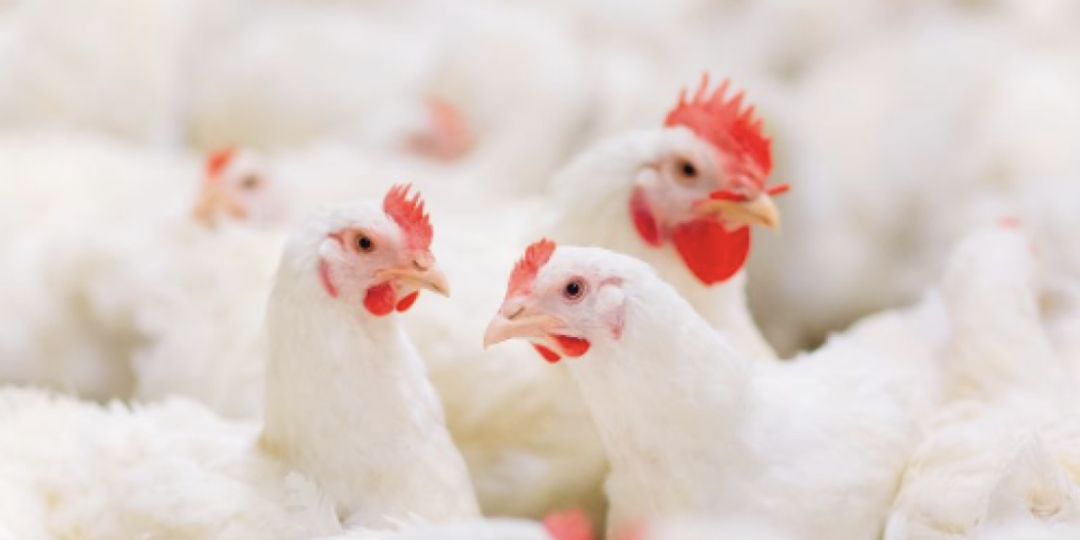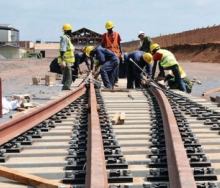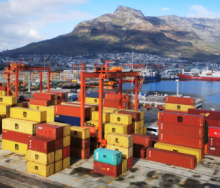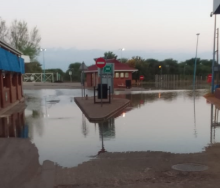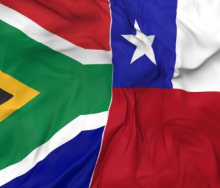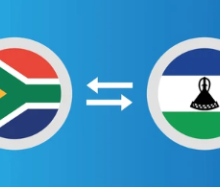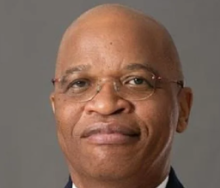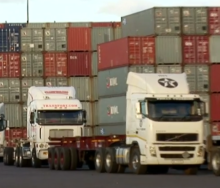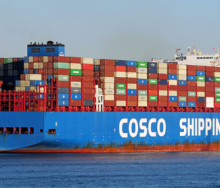The South African government’s intransigence on the issue of compensation for chickens culled during bird flu outbreaks is once again in the spotlight.
Advocacy group FairPlay points out that many countries pay compensation for chickens culled during outbreaks.
“The payments not only help poultry farmers rebuild their businesses, but compensation is seen as a disease control measure because it encourages farmers to report outbreaks.”
Delays, it says, enable the continued spread of the virus.
“Since the first outbreak in 2017, the government has refused to pay compensation for the birds it orders to be culled, contending that sick birds have no value.”
This refusal was successfully challenged, with a High Court ruling in June ordering the government to reconsider a farmer’s claim based on the fair value of the culled birds. The Department of Agriculture has yet to decide whether to accept or appeal against this decision.
The agriculture department has also made no moves on vaccination, which is increasingly being seen as an alternative to prevent the mass culling of poultry flocks. However, the South African poultry industry says the requirements laid down by the government need to be changed, because they are too onerous and too expensive.
No vaccinations have yet taken place in a country which experienced its worst outbreak of bird flu in 2023 and fears that the virus may make a devastating return.
